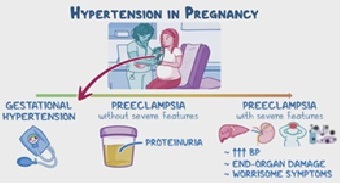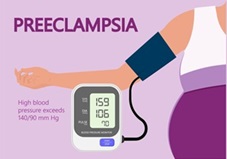Items filtered by date: Monday, 14 July 2025
Chinese Medical Team-Timor-Leste Health Forum(9)—Real Case Awareness: Severe Pe-eclampsia and Eclampsia
She Just Wanted to Deliver Her Second Baby – But Spent 10 Days in a Coma
She was expecting her second child. In the late stage of pregnancy (around 8 months), she began having swelling and headaches. Her family thought it was normal and didn’t seek medical attention. Then one day, she collapsed with seizures and lost consciousness. She was rushed to the emergency room.
She was diagnosed with severe pre-eclampsia with eclampsia. She convulsed repeatedly and suffered two cardiac arrests before emergency surgery. After extensive resuscitation, she survived, but fell into a deep coma for 10 days. When she finally woke up, she had severe vision loss—only able to sense light.
She survived childbirth—but at a terrible cost.

What is Gestational Hypertension?
Gestational Hypertension refers to high blood pressure (≥140/90 mmHg) that develops after 20 weeks of pregnancy in women who previously had normal blood pressure. It can progress to pre-eclampsia or eclampsia, which are dangerous for both mother and baby.
What is Pre-eclampsia and Eclampsia?
- Pre-eclampsia is a serious condition involving high blood pressure, protein in the urine, and swelling.
- Eclampsia is a progression of pre-eclampsia that causes seizures, coma, and may lead to death if untreated.
Who is at Risk?
- First-time mothers
- Women under 18 or over 35
- Women with obesity, diabetes, kidney disease, or a history of high blood pressure
- Pregnancies with twins or multiples
Warning Signs

- Persistent or severe headache
- Blurred vision or flashing lights
- Sudden swelling in face, hands, or feet
- Pain in the upper abdomen
- Blood pressure ≥140/90 mmHg
How to Prevent or Reduce Risk
- Attend all antenatal check-ups regularly
- Monitor your blood pressure and body changes
- Avoid too much salt and stay physically active
- Rest well and reduce stress
- Take warning signs seriously and seek medical help early
Final Reminder
Gestational hypertension can be managed if detected early. Every family should pay attention to mothers’ health and support them through regular care and observation.







